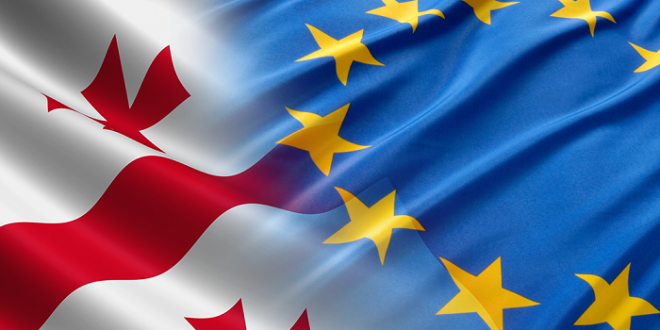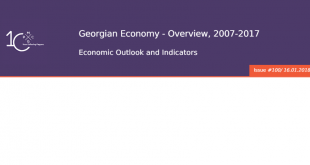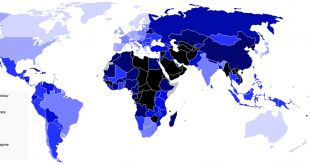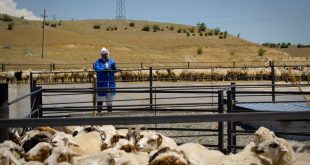The EU and Georgia signed an Association Agreement on 27 June 2014. It has entered into force since 1 July 2016. The agreement introduces a preferential trade regime – the Deep and Comprehensive Free Trade Area (DCFTA). This regime increases market access between the EU and Georgia based on having better-matched regulations.
- Hygienic Certificate– document confirming hygiene requirements for food packaging safety.
- Veterinary Certificate – document confirming veterinary safety. The certificate is issued for live animals and products of animal origin. The certificate confirms that the live animal or the product of animal origin does not contain veterinary diseases. (i.e Veterinary Certificate for imports of honey in EU, Veterinary Certificates for imports of fish and fishery in EU, Veterinary Certificate for imports of gelatine in EU)
- Phytosanitary Certificate – document issued for plants and/or plant products that confirms given produce fulfills safety requirements. A phytosanitary measure is a procedure used for avoiding cases of harmful quarantined organism invasion and/or spreading.
The given certificate is issued by the National Food Agency of the Ministry of Agriculture of Georgia, on the basis of relevant analysis conducted by accredited laboratories. Additionally, the following types of certificates exist in Georgia:
Calibration Certificate – certificate for metrological calibration of measuring means or measuring instruments used in manufacturing. The calibration certificate confirms accurate functioning of the measuring instrument within the limits of the margin of error. The calibration certificate is used by the Metrology Institute of the Georgian National Agency for Standards and Metrology (GeoSTM) or a laboratory with relevant accreditation.
Certificate of Origin – in order for the goods to take advantage of the free trade regime, it needs to fulfill food origin criteria defined by the relevant protocol in the agreement. These criteria contain both the required minimal conditions for goods processing, as well as limitations on the amount of materials required for goods manufacturing, that need to be met in order for the goods to be of country-made status. EUR1 is the document certifying origin of goods for the EU market, issued by Revenue Service legal entity. Additional information on the rules of origin is available on this link.
***
The source of the article is dcfta.gov.ge
Copyright on the material is protected. In case of it’s full or partial publication, please indicate at it’s beginning – “Source: business.org.ge”
 business.org.ge Portal for Entrepreneurs
business.org.ge Portal for Entrepreneurs






